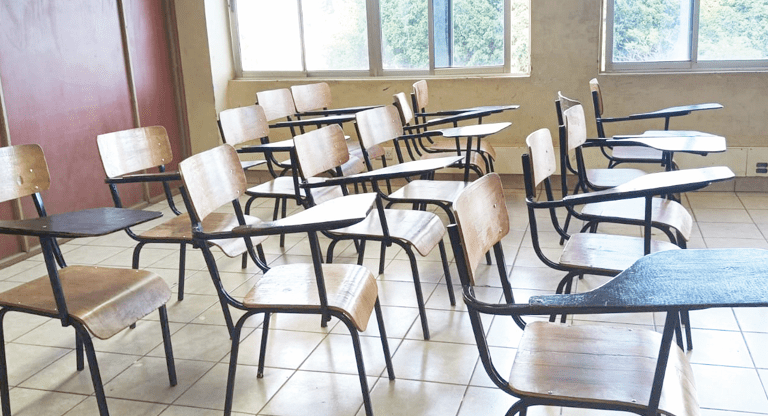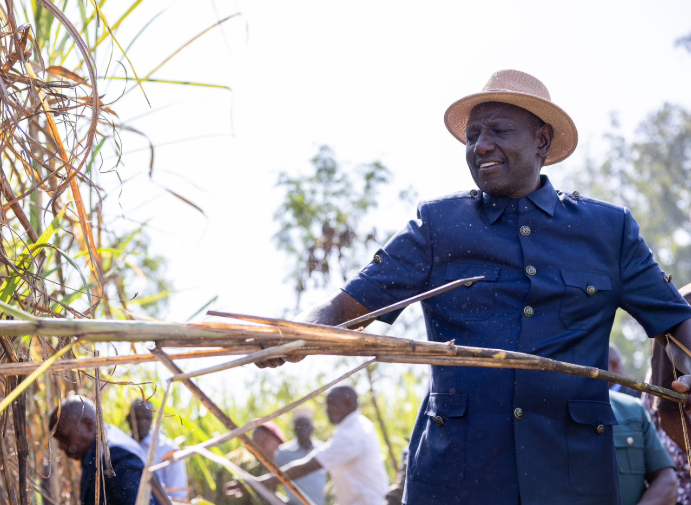With schools reopening, set children for success

More than 14 million children start classes this week as primary and secondary schools reopen for a new academic year. While headaches persist about the Competency-Based Curriculum, including cost implications for parents and availability of learning materials, the government is determined to plough ahead with its implementation.
We expect heated disagreements on the merits of CBC to continue, as well as the perennial challenges of overcrowded classrooms, limited facilities for growing enrolments, teacher shortages, and pay disputes.
But as classes resume amid economic hardship and industrial strife, parents, teachers and school administrators must collaborate to make the transition easier and as stress-free as possible for children.
To prepare children academically for the term ahead, parents should help them review previous coursework to refresh their knowledge. If possible, dedicated study space with fewer distractions should be set up in homes.
As children need routines to function well, sleep schedules should be set a week before schools reopen. Parents need to work with their children to plan morning routines to avoid rushing, and establish homework and study time blocks.
Equally important is communication. Parents should make time to meet teachers and understand what is expected of their children in the upcoming term. If a child has special needs or concerns, parents should share these with school administrators.
As parents strive to meet their obligations, school administrators and teachers are responsible for infrastructure, ensuring classrooms, labs and other facilities are clean and functional. They should remind students about school safety protocols and emergency procedures. They also need to verify that teaching materials and equipment are available and ready when classes start.
Schools can do more, including setting up or reactivating academic support systems and having procedures in place for identifying students needing extra help. Such systems should include diagnostic tests to identify gaps in knowledge, monitoring progress regularly, and tracking academic performance.
The ongoing CBC debate and systemic challenges shouldn’t overshadow our immediate responsibility to prepare children for success. Working together, parents, teachers and school administrators can help ease students’ transition to upper grades and set the foundation for a productive academic year.












